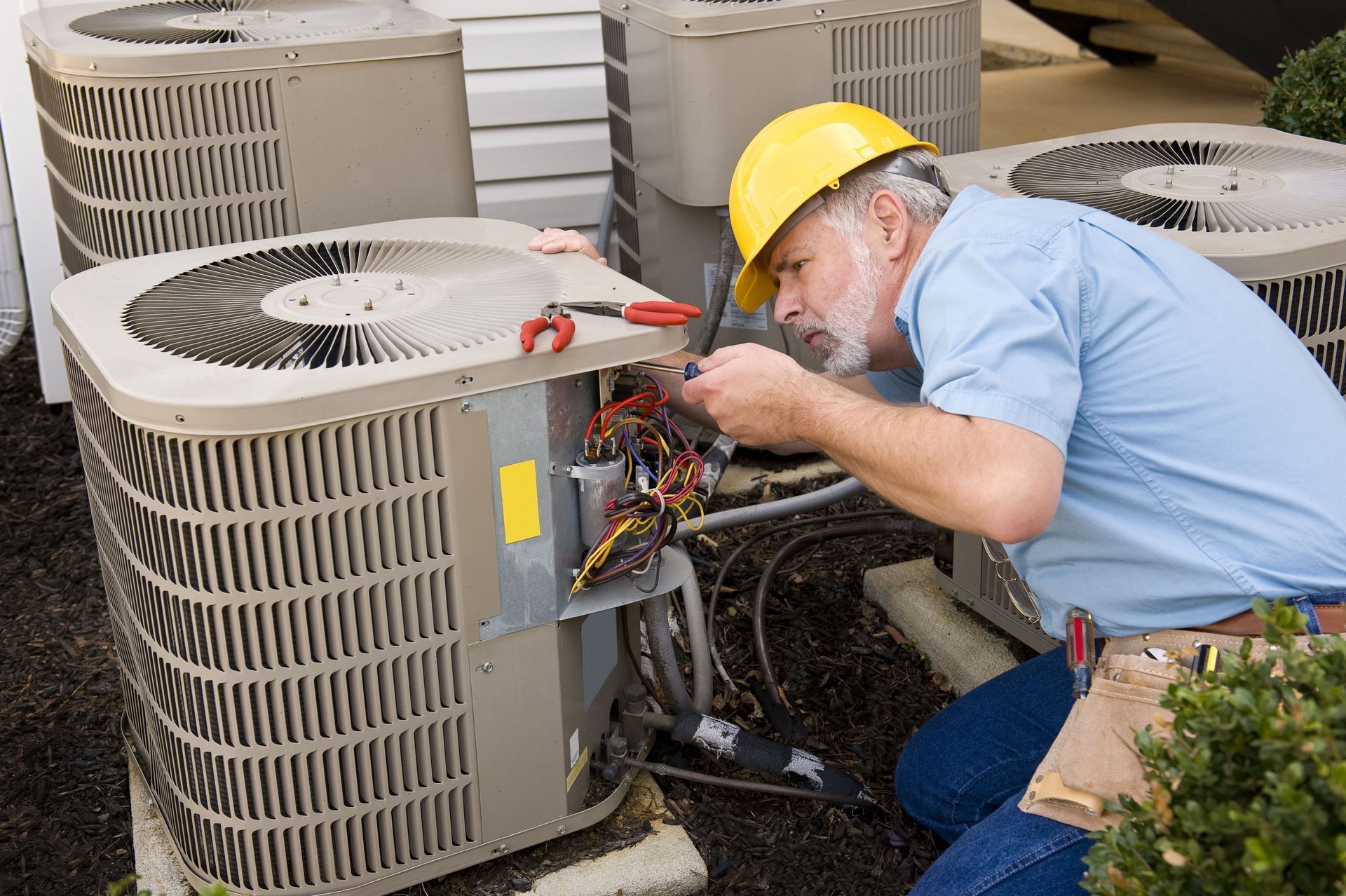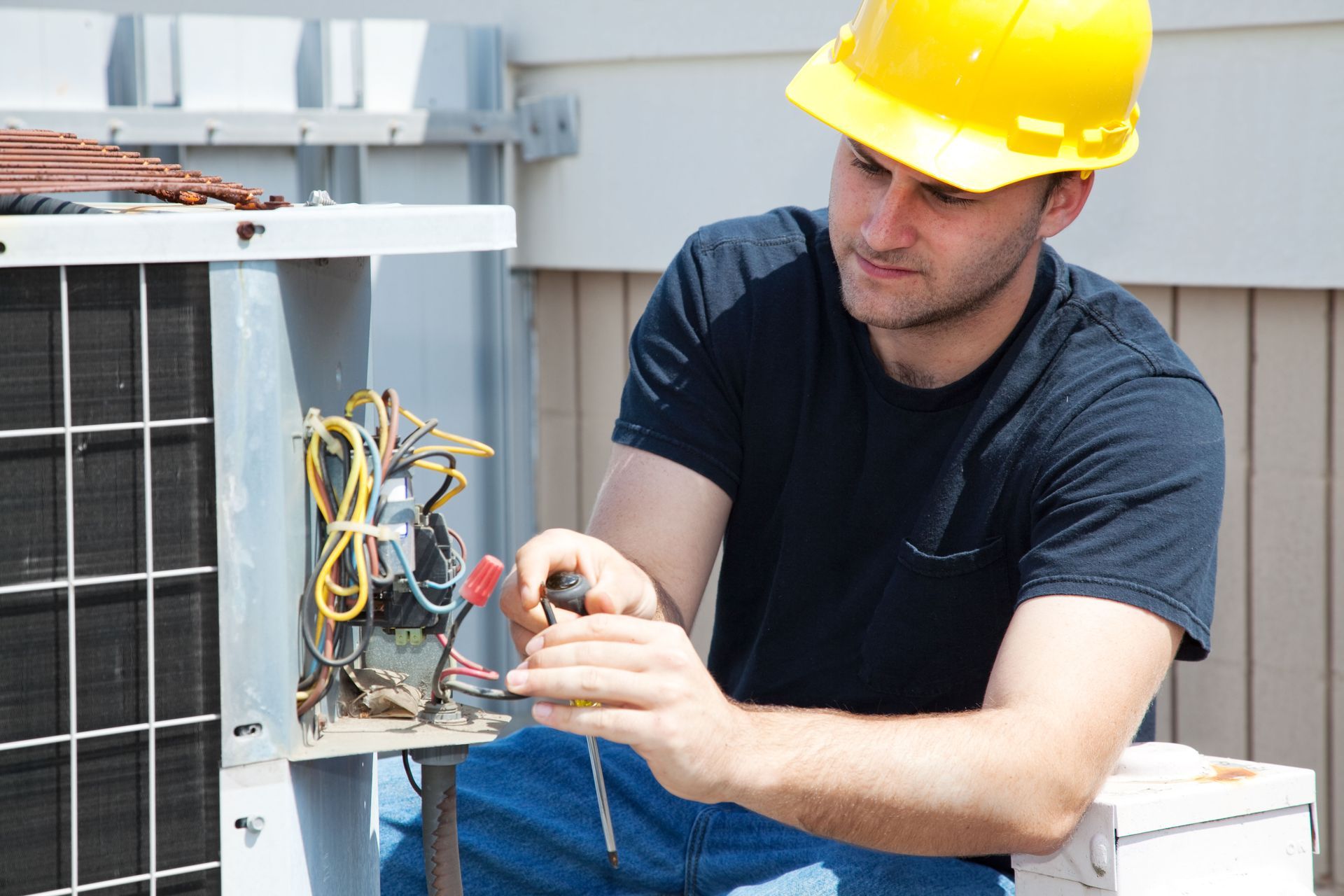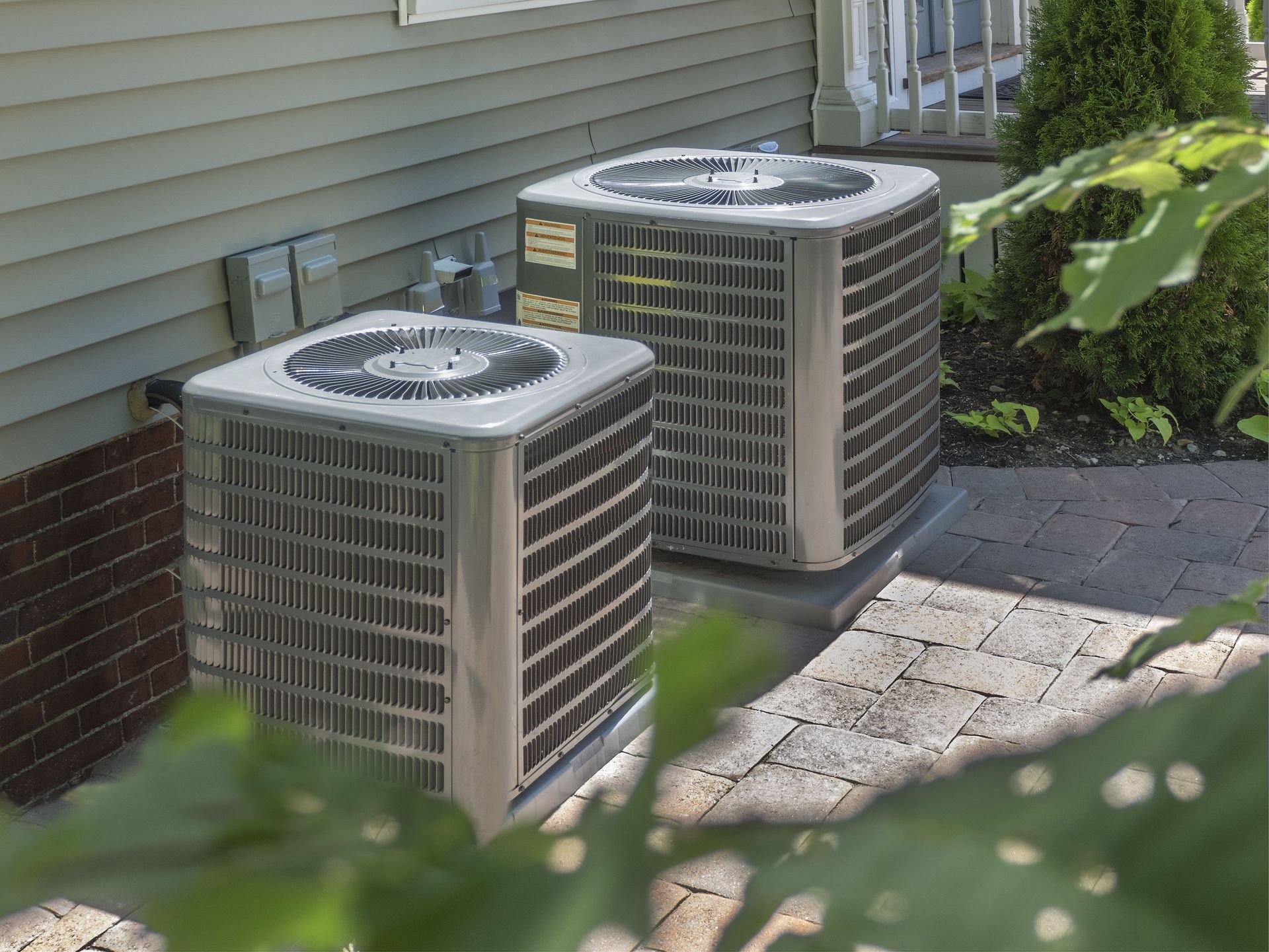5 Reasons Why Delaying AC Repairs Can Lead to Costly Breakdowns
Air conditioning systems play a crucial role in keeping homes and offices comfortable, especially during hot weather. Despite their importance, many homeowners and businesses often overlook routine maintenance and necessary repairs until problems become urgent. Delaying AC repairs can result in costly breakdowns, reduced energy efficiency, and even shorten the lifespan of the system. This article examines the key reasons why postponing AC maintenance can be detrimental and highlights proactive steps to prevent expensive issues. By understanding how your AC system operates and following a consistent maintenance schedule, you can minimize the risk of major repairs, improve performance, and extend the life of your unit.
1. Increasing Energy Consumption
Straining System Components
Delaying AC repairs puts undue stress on the system's components, which results in increased energy consumption. Damaged or worn parts require more power to operate, thus leading to inefficiencies. Over time, this strain can cause the failure of critical parts like compressors and condensers, which are costly to replace. It's crucial to note that when one component fails, it often affects others, creating a domino effect of inefficiency. Regular maintenance can help identify these issues early, allowing for minor adjustments rather than complete system failures.
Reducing Cooling or Heating Efficiency
An air conditioner that hasn't been serviced timely manner can lose its ability to cool or heat effectively. Dust, debris, and mechanical wear can obstruct the system's airflow, causing it to work harder to achieve desired temperatures. This inefficiency not only results in uncomfortable indoor conditions but also escalates energy consumption, further increasing operational costs. Addressing these problems through prompt repairs helps maintain the system's efficiency and ensures your space remains comfortable throughout the year. Such interventions are far more economical than dealing with extensive damage later.
Increasing Energy Bills From System Overload
Ignoring necessary repairs can also substantially impact energy bills. A system that is struggling to perform will draw more electricity, pushing monthly costs higher. Early intervention and timely repairs can reduce the need for the AC to work on overdrive, thus cutting down energy consumption. Proactively managing your AC’s maintenance schedule ensures that energy usage is optimized, saving money in the long term.
2. Accelerating Wear and Tear on Equipment
Causing Breakdown of Parts
Postponing repairs exacerbates the natural wear and tear of AC components. Parts that would otherwise have a longer lifespan are forced into overactivity and eventual breakdown. This situation can lead to frequent malfunctions and the constant need for replacements, significantly increasing maintenance expenses over time. Regular inspections allow technicians to anticipate and address potential issues before they become critical. If left unchecked, accumulated wear can cause total system failure, requiring an expensive overhaul or replacement.
Maintaining Equipment Through Regular Maintenance
Frequent maintenance is vital in mitigating excessive wear on AC equipment. During routine check-ups, components can be cleaned, lubricated, and calibrated for optimal function. This care reduces the workload on parts and can extend the life of your AC system by several years. Maintenance not only addresses current problems but also prevents future ones, which is a cost-effective approach to managing home appliances. Implementing a consistent maintenance routine ensures that minor issues do not evolve into significant, costly repairs.
Extending System Longevity
The longevity of an air conditioning unit is heavily dependent on proactive maintenance and timely repairs. According to HomeGuide, a well-maintained air conditioner generally lasts 12 to 15 years, making timely upkeep essential for long-term comfort and savings, whereas neglected systems may fail within a decade. Quality maintenance extends not only the lifespan of the system but also its value, resulting in cumulative cost savings. Investing in regular check-ups minimizes surprise breakdowns and ensures your system remains reliable. In contrast, neglecting this responsibility can lead to an early need for replacement, which is an unnecessary financial burden that can be avoided.
3. Escalating Repair Costs
Addressing Minor Issues Before Escalating
Major AC repairs often stem from minor issues that have been allowed to escalate over time. What begins as a small glitch can balloon into a costly repair if ignored. Ensuring prompt attention to seemingly insignificant problems can prevent more extensive damage to the system. It's often those small, overlooked issues that lead to significant emergency repairs, which are invariably more expensive. Regular maintenance and immediate repairs can mitigate this risk, ultimately saving money.
Preventing Major Component Failures
Major component failures often come at a high cost, both financially and operationally. When a critical component, such as a compressor, fails, the repair can be costly, especially if the unit is out of warranty. It’s financially prudent to manage maintenance budgets by tackling small issues as they arise. This approach ensures that system malfunction does not prematurely drain resources.
Comparing Routine Maintenance Versus Emergency Repairs
There is a significant financial difference between routine maintenance and emergency repairs. Routine services cost less because they prevent system failures and reduce wear, while emergency repairs are both urgent and expensive. Investing in regular inspections and minor repairs is a cost-effective strategy compared to unpredictable and often overwhelming expenses associated with emergency fixes. The peace of mind that comes with knowing your system is well-maintained is invaluable. Proactive planning can help avoid the stress and high cost of emergency repairs altogether.
4. Compromising Air Quality
Increasing Health Risks From Poor Ventilation
Delaying AC repairs can lead to significantly compromised air quality. Poor ventilation can exacerbate allergies, asthma, and other respiratory issues. As the system struggles to filter air properly, contaminants accumulate and circulate within indoor spaces. Timely repairs ensure that air filters and ducts function optimally, supporting a healthy living environment. Regular maintenance eliminates irritants from the air, improving overall wellness for inhabitants.
Preventing Mold and Mildew Build-Up
A neglected AC system can result in moisture buildup, creating an ideal environment for mold and mildew growth. These fungi pose numerous health risks, particularly for individuals with sensitivities or compromised immune systems. Addressing leaks and maintaining proper humidity levels through regular service checks can prevent these hazards. Prompt attention to moisture issues safeguards not only the AC system but also the health of occupants. This proactive approach maintains air quality and avoids the negative health implications associated with mold exposure.
Maintaining Clean Filters and Ducts
Clean filters and ducts are essential for maintaining superior indoor air quality. Over time, filters and ducts can become clogged with dust, allergens, and other particulates, impairing air circulation. This accumulation leads to reduced efficiency and exacerbates health problems related to poor air quality. Regular filter replacements and duct cleaning are straightforward solutions to ensure optimal air flow. These maintenance practices are critical in preserving a clean and healthy indoor atmosphere.
5. Protecting Property From Damage
Preventing Leaks and Water Damage
Delayed AC repairs can result in leaks that cause extensive water damage to property. Water from a malfunctioning AC unit can seep into walls and floors, leading to structural damage and mold growth. Early detection and repair of leaks prevent damage that can be both costly and time-consuming to fix. Regular inspection helps identify potential problems before they evolve into significant repair projects. Timely interventions ensure that property remains intact and retains its value over time.
Preventing Electrical Failures
Faulty AC systems can pose serious electrical hazards if left unaddressed. Malfunctions like short circuits or electrical failures can occur if issues such as exposed wires go unnoticed. These hazards not only threaten the safety of the home but also substantially increase repair costs. Professional repairs and regular maintenance can prevent electrical system failures and ensure the safety of all occupants. Reliable AC operations are essential to both safety and property integrity.
Delaying AC repairs not only increases the risk of costly breakdowns but also compromises energy efficiency, air quality, and equipment durability. By understanding the consequences and implementing regular maintenance strategies, homeowners can ensure the longevity and optimal performance of their AC systems, while also safeguarding their financial investment and the environment. Investing in routine maintenance and addressing repairs promptly prevents the escalation of problems that would otherwise be costly and detrimental. Proper care of your AC system is not only a financial consideration but a commitment to maintaining a comfortable, healthy, and sustainable living space. Don’t wait until your system fails—contact Comfort Experts to schedule professional repair services and keep your home cool, efficient, and worry-free.





Share On: